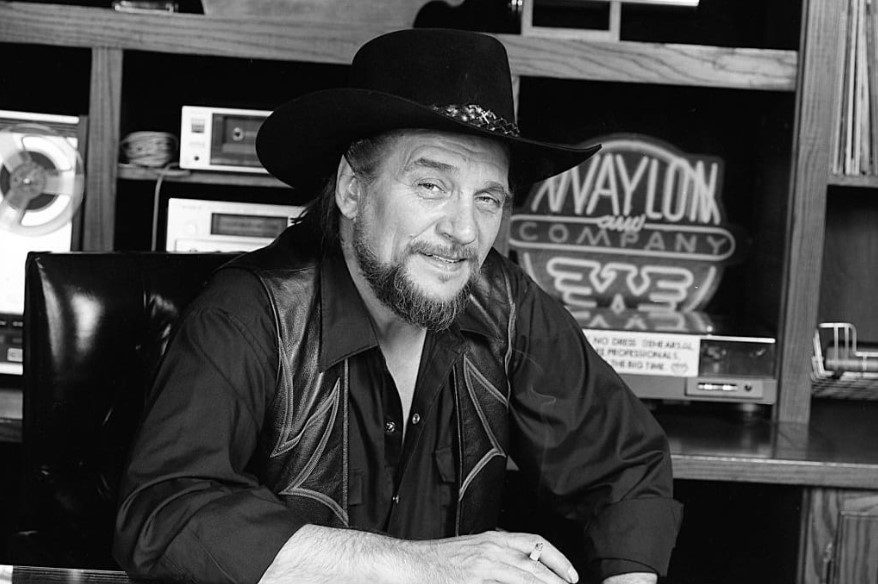
The Story Behind ‘Don’t Let the Sun Set on You, Tulsa’
Waylon Jennings’ “Don’t Let the Sun Set on You, Tulsa” is a masterful embodiment of heartfelt storytelling in country music. Released as part of the single “The Taker/Tulsa” in 1970, the song quickly became a fan favorite, reaching #16 on the U.S. Country charts. The track narrates a man’s deep remorse for leaving his lover behind in Tulsa, capturing a sense of longing and regret that resonates with listeners across generations. Through its vivid lyrics, Jennings invites the audience into a narrative filled with emotional complexity, highlighting his unparalleled ability to translate personal experiences into universal themes.
Waylon Jennings’ Signature Outlaw Style
Jennings’ outlaw country style is evident throughout the song, blending traditional honky-tonk elements with a rebellious musical edge. Unlike the polished Nashville sound of the era, his performance conveys raw emotion and authenticity. The instrumentation, including acoustic guitar riffs and subtle steel guitar undertones, perfectly complements the lyrical content, enhancing the story of heartbreak and reflection. This combination of sound and storytelling demonstrates why Jennings is considered one of country music’s most influential figures, bridging classic traditions with a more daring, personal approach.
Lyrics That Evoke Deep Emotion
The lyrics of “Don’t Let the Sun Set on You, Tulsa” are a testament to Jennings’ skill as a songwriter. Each verse paints a vivid picture of regret and yearning, emphasizing the protagonist’s internal struggle and desire for redemption. Lines detailing lost opportunities and emotional vulnerability resonate strongly with listeners, making the song timeless. The narrative structure of the song, paired with Jennings’ emotive vocal delivery, allows audiences to feel the weight of missed chances and the power of love left behind.
Cultural Impact and Legacy
Over the decades, the song has maintained its relevance within the country music canon. It exemplifies the genre’s tradition of storytelling, showcasing how personal experiences can become universal narratives that connect deeply with listeners. Jennings’ performance has inspired countless musicians to explore emotional honesty in their own music, influencing the development of the outlaw country movement. Its inclusion in the 1971 album “The Taker/Tulsa” further solidified its place in country music history, providing a definitive example of Jennings’ artistic vision and narrative craftsmanship.
Conclusion: A Timeless Country Classic
“Don’t Let the Sun Set on You, Tulsa” stands as a poignant reminder of the enduring power of country music to capture human emotion. Through Waylon Jennings’ distinctive style, compelling lyrics, and emotive storytelling, the song remains a vivid portrayal of regret, love, and reflection. Its influence extends beyond its original release, continuing to touch hearts and inspire artists, securing its status as a timeless country ballad that resonates with audiences today and for generations to come.